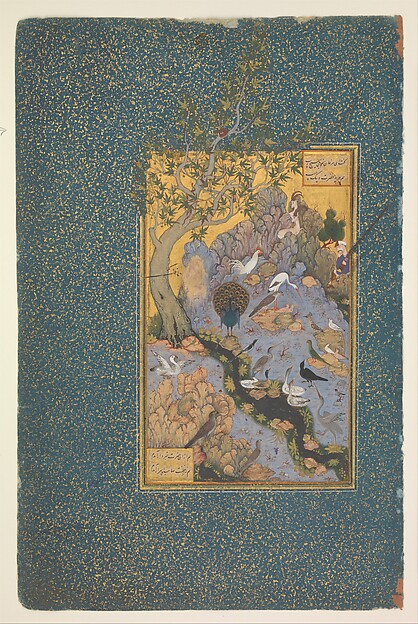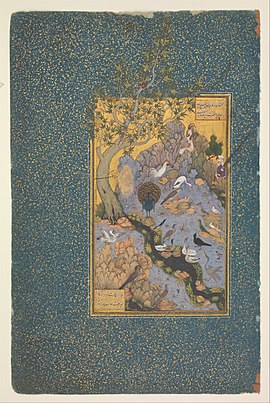Success depends upon previous preparation, and without such preparation there is sure to be failure.
- Confucius
The expectations of life depend upon diligence; the mechanic that would perfect his work must first sharpen his tools.
Confucius
It does not matter how slowly you go as long as you do not stop.
Confucius
Look at the means which a man employs, consider his motives, observe his pleasures. A man simply cannot conceal himself!
Confucius
It is more shameful to distrust our friends than to be deceived by them.
Confucius
Virtue is not left to stand alone. He who practices it will have neighbors.
Confucius
Learning without thought is labor lost; thought without learning is perilous.
Confucius
Ability will never catch up with the demand for it.
Confucius
Wherever you go, go with all your heart.
Confucius
I want you to be everything that’s you, deep at the center of your being.
Confucius
Life is really simple, but we insist on making it complicated.
Confucius
An oppressive government is more to be feared than a tiger.
Confucius
The superior man acts before he speaks, and afterwards speaks according to his action.
Confucius
Real knowledge is to know the extent of one’s ignorance.
Confucius
If we don’t know life, how can we know death?
Confucius
To know what is right and not to do it is the worst cowardice.
Confucius
To go beyond is as wrong as to fall short.
Confucius
The firm, the enduring, the simple, and the modest are near to virtue.
Confucius
He who learns but does not think, is lost! He who thinks but does not learn is in great danger.
Confucius
The superior man understands what is right; the inferior man understands what will sell.
Confucius
We should feel sorrow, but not sink under its oppression.
Confucius
When anger rises, think of the consequences.
Confucius
What you do not want done to yourself, do not do to others.
Confucius
The superior man makes the difficulty to be overcome his first interest; success only comes later.
Confucius
They must often change, who would be constant in happiness or wisdom.
Confucius
Without feelings of respect, what is there to distinguish men from beasts?
Confucius
And remember, no matter where you go, there you are.
Confucius
To see and listen to the wicked is already the beginning of wickedness.
Confucius
Never give a sword to a man who can’t dance.
Confucius
When it is obvious that the goals cannot be reached, don’t adjust the goals, adjust the action steps.
Confucius
No matter how busy you may think you are, you must find time for reading, or surrender yourself to self-chosen ignorance.
Confucius
Go before the people with your example, and be laborious in their affairs.
Confucius
Heaven means to be one with God.
Confucius

























































































